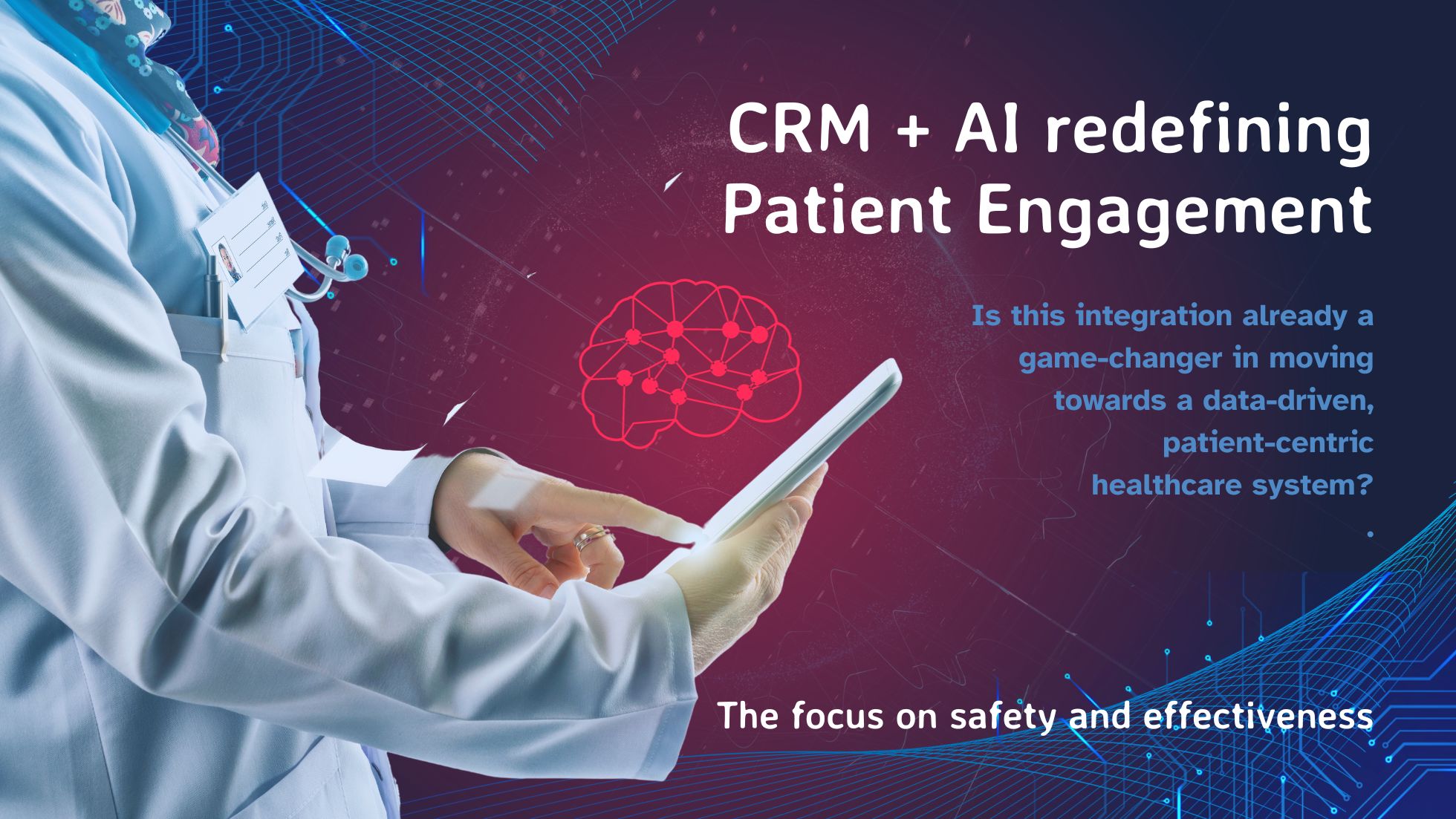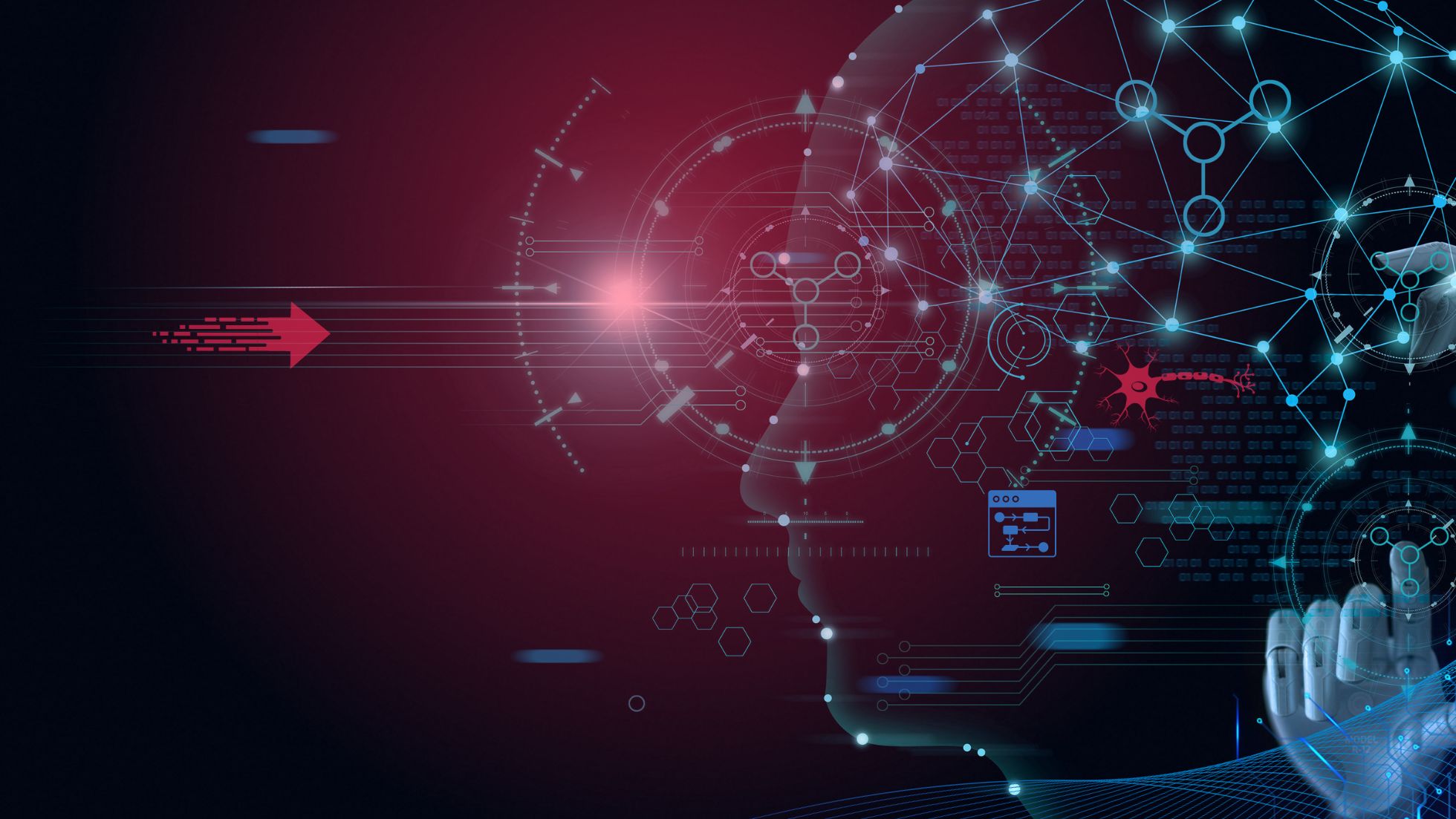Grab your popcorn, folks, as we dive into the epic saga of good old Cloud computing, where power, innovation, and philosophy clash like titans. On one corner, the hyper-scalers flaunt their Baroque-era swagger, dripping in digital opulence. In the opposite corner, the Bauhaus brigade waves the flag of minimalism and independence. This isn't just tech talk; it's an ideological smackdown with the pay-as-you-go model playing the lead, seducing us into a dependency so captivating, it might as well be a soap opera.
The Baroque Opulence of Hyper-Scalers
The hyper-scalers – the big shots, always in your face, and sometimes overwhelming – are the flashy palaces of the digital world. Just like the Baroque era, known for being extra and packed with fancy details, these platforms offer a boatload of services, complexities, and scalability options. Their pay-as-you-go model may seem like the epitome of flexibility and cost-efficiency at first glance. However, similar to the extravagant lifestyles of the Baroque period, this model can result in excessive consumption and skyrocketing expenses, keeping organizations trapped in a never-ending cycle. This 'addiction' to resources, cleverly disguised as a necessity, can cloud judgment and create an unhealthy reliance on these platforms.
The Bauhaus Rebellion: Embracing Minimalism and Independence
Breaking away from the complexity of hyper-scalers, we have the Bauhaus movement of cloud computing – a rebellion for light, independent, and streamlined structures. Just like the Bauhaus's minimalist design and functional aesthetics, organizations embracing this approach strive for a more measured and sustainable use of cloud resources. These daring 'Bauhaus rebels' prioritize what is truly essential and beneficial for their specific organizational needs. With a focus on independence, customization, and avoiding vendor lock-in, they embody the Bauhaus ethos of form following function.
The Pay-as-You-Go Paradigm: A Double-Edged Sword
The pay-as-you-go model, a central component of the hyper-scaler approach, can be likened to a double-edged sword. On one side, it offers the allure of cost-effectiveness and scalability, perfectly aligned with the ever-changing requirements of research and healthcare applications. However, on the other side, this model has the potential to cultivate an unhealthy "addiction" where organizations find themselves consuming more resources than necessary, enticed by the illusion of immediate need and convenience. This approach can result in a loss of control over costs, leading to a situation where expenses are only fully realized after they have already been incurred, echoing the unchecked extravagance reminiscent of the Baroque era.
Finding a Balanced Path
So here's the deal: finding the sweet spot between these two extremes is the real challenge. Picture this: a perfect blend of hyper-scalers' robustness and scalability (think Baroque grandeur) with the independence and mindful consumption of the Bauhaus movement. That's the ideal approach organizations should strive for. So, here's the game plan:
-
Assessing Needs: It is crucial to thoroughly evaluate and prioritize what is truly necessary, in order to avoid falling into the trap of excessive consumption.
-
Maintaining Flexibility: It is important to keep options open and consider the possibility of switching or integrating different services, in order to prevent being locked into a single vendor.
-
Monitoring and Controlling Costs: Implementing rigorous monitoring practices is necessary to avoid the pitfalls of the pay-as-you-go model, which can lead to unexpected expenses.
New Horizons - Hybrid and Data Sovereignty
In the search for the perfect cloud computing solution, especially in industries like life sciences and healthcare where data sensitivity is of utmost importance, it's crucial to explore alternatives to the mainstream hyper-scalers. Enter the newcomers like DigitalOcean and the concept of hybrid cloud environments, which combine on-site co-locations and bare-metal resources. These options not only offer a breath of fresh air from the usual suspects but also provide exciting opportunities to maintain data sovereignty in creative ways.
DigitalOcean: Simplifying the Cloud
DigitalOcean, the rising star in the cloud computing arena, shines brightly with its simplicity and developer-friendly approach. It offers a refreshingly straightforward and uncomplicated cloud experience, unlike the overwhelming complexity of traditional hyper-scalers. This simplicity creates a fertile breeding ground for creativity and innovation, free from the shackles of overly convoluted systems. For smaller organizations or those embarking on their cloud journey, DigitalOcean serves as a welcoming entry point, enabling them to harness the benefits of the cloud without the intimidating intricacies.
Hybrid Clouds: The Best of Both Worlds
Hybrid cloud environments are the cool kids of cloud computing. They bring together the best of both worlds by combining co-locations, on-premises bare metal, and public cloud resources to create a custom-made solution that caters to the unique needs of each organization. This approach is especially awesome for data-driven fields where having control over data location and processing is a big deal. With the hybrid model, organizations can keep their sensitive data safe and sound on-premises or in a co-located environment, while still enjoying the scalability and power of public clouds for their less sensitive operations. It's like having your cake and eating it too, but with clouds!
The Creativity in Data Sovereignty
The pursuit of data sovereignty is not only a matter of compliance but also a creative adventure in the realm of cloud computing. It challenges organizations to think outside the box when designing their IT infrastructure. The real artistry lies in creating systems that strike a perfect balance between operational efficiency, scalability, and data protection. Organizations must navigate the intricate web of local data laws, overcome the logistical hurdles of data storage, and meet the technological demands of high-performance computing. In this ever-changing landscape, innovative solutions are the key, such as harnessing the power of edge computing to process data closer to its source or employing cutting-edge encryption methods for secure data transfer between different environments.
Conclusion
The cloud computing landscape, much like the ever-changing art world, is a mirror reflecting the shifting tides of time and ideologies. The hyper-scalers, with their flashy and extravagant nature reminiscent of the Baroque era, open up a world of endless possibilities. However, this grandeur comes with a caveat – the risk of dependence and unbridled consumption. On the other hand, the Bauhaus-inspired movement champions the pursuit of minimalism and independence, offering a sustainable and purpose-driven approach to technology. For organizations, particularly those in the data-driven realms of life sciences and healthcare, striking a balance is essential. It's about harnessing the boundless power of the cloud without falling prey to its alluring complexities.
References
(1) ChatGPT-maker OpenAI fires CEO Sam Altman for lack of candor with company. NPR https://www.npr.org/2023/11/17/1213892587/chatgpt-open-ai-ceo-sam-altman-ousted (2023).




